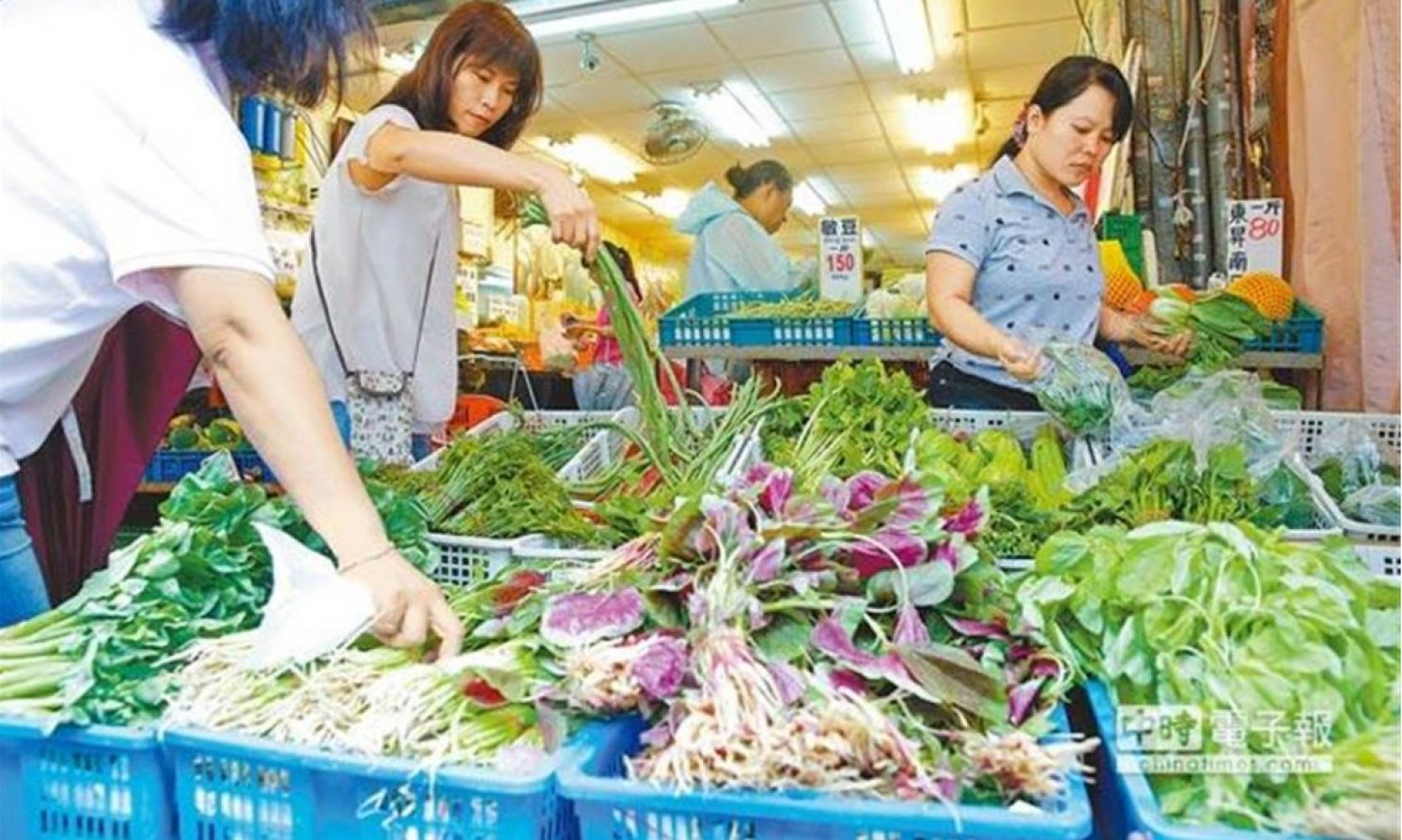
This Week in Taiwan 0501-0507
May 2: The Russia-Ukraine War is affecting military production capacity of the United States. The Department of State notified Taiwan that the first arms sale by the administration of President Joe Biden, 40 units of the M109A6 howitzer for about $750 million, would be suspended. The Ministry of National Defense (MND) confirmed that the United States has informed Taiwan that the arms will not be delivered until at least 2026. In addition, Taiwan's procurement of man-portable stinger missiles may also see delayed delivery. The MND will continue to ask that the United States perform the contract.
May 2: At a April 23 seminar discussing the 70th anniversary of the Treaty of San Francisco and Treaty of Taipei, President Chen Yi-shen of the Academia Historica described Taiwan's political status as undetermined, attracting criticism. In his report to the Legislative Yuan on May 2, Chen changed his stance and said that Taiwan's international legal status was undetermined in the past but determined now. He emphasized that Taiwan established its sovereignty through "effective self-determination," including parliamentary and presidential elections.
May 3: It has been six days since the registration system for purchasing rapid test kits launched, but people complained that they are unable to purchase the home test kits successfully. Mayor Hou Yu-ih of New Taipei stated that New Taipei residents have to wait a month on average to buy one box. Ruling and opposition party legislators demand further price reduction, but Minister Chen Shih-chung, who heads the Central Epidemic Command Center (CECC), cited concerns about hoarding if the test kits are sold very cheaply.
May 4: The pandemic is surging, and people are unable to buy the rapid test kits, stirring a public outcry. At a central standing committee of the ruling Democratic Progressive Party (DPP), President Tsai Ing-wen spoke harshly, demanding that the executive branch import significantly more rapid test kits, open up commercial channels, and allow the public to purchase the test kits from the market as soon as possible. According to the latest reports on May 8, major convenience store and pharmacy chains in Taipei, New Taipei, Keelung, and Taoyuan are scheduled to sell Abbott rapid test kits, limited at one set per person for NT$180 (about US$6).
May 4: According to media reports, the Liaoning aircraft carrier led the largest fleet of ships in recent years to cross the first island chain, passing through the Miyako Strait of the Ryukyu Islands and heading to the western Pacific.
Japan sent a quasi-aircraft carrier Izumo to monitor. The Liaoning aircraft carrier group is expected to travel south along the east coast of Taiwan in the Pacific Ocean and is likely to face up with the USS Lincoln in the Philippine Sea.
May 5: The Executive Yuan will adopt a new wave of organizational reform plans affecting six ministries, including upgrading the Council of Agriculture to the Ministry of Agriculture, upgrading the Environmental Protection Agency to the Ministry of the Environment, establishing a new National Park Agency under the Ministry of the Interior, and restructuring the Atomic Energy Council as a Council on Nuclear Energy Safety. The bill will be sent to the Legislative Yuan for deliberation, and the changes are expected to take effect next year.
May 5: The coronavirus (COVID-19) pandemic rages on. The number of confirmed cases in a single day exceeded 30,000, up from 10,000 during the same week. The CECC announced that starting May 12, people who are quarantining at home, self-management, or isolating at home will be deemed "positive" by a rapid test and remote confirmation by a physician. People no longer have to travel to obtain PCR tests, and follow-up isolation will be arranged by local health authorities.
May 6: The Directorate General of Budget, Accounting and Statistics announced that the consumer price index (CPI) in April grew 3.38 percent on an annual basis. This is the largest increase in more than 9.5 years, and the figure has exceeded 3 percent for two consecutive months.